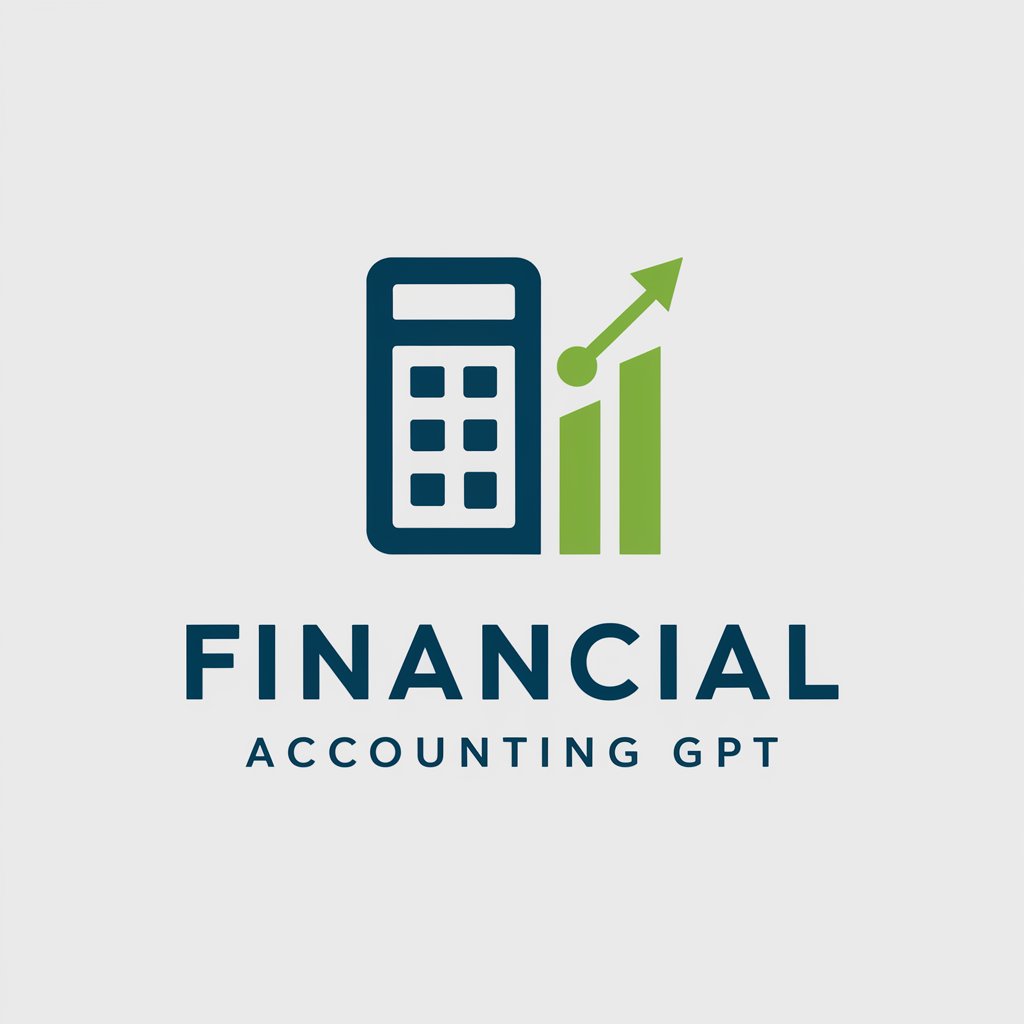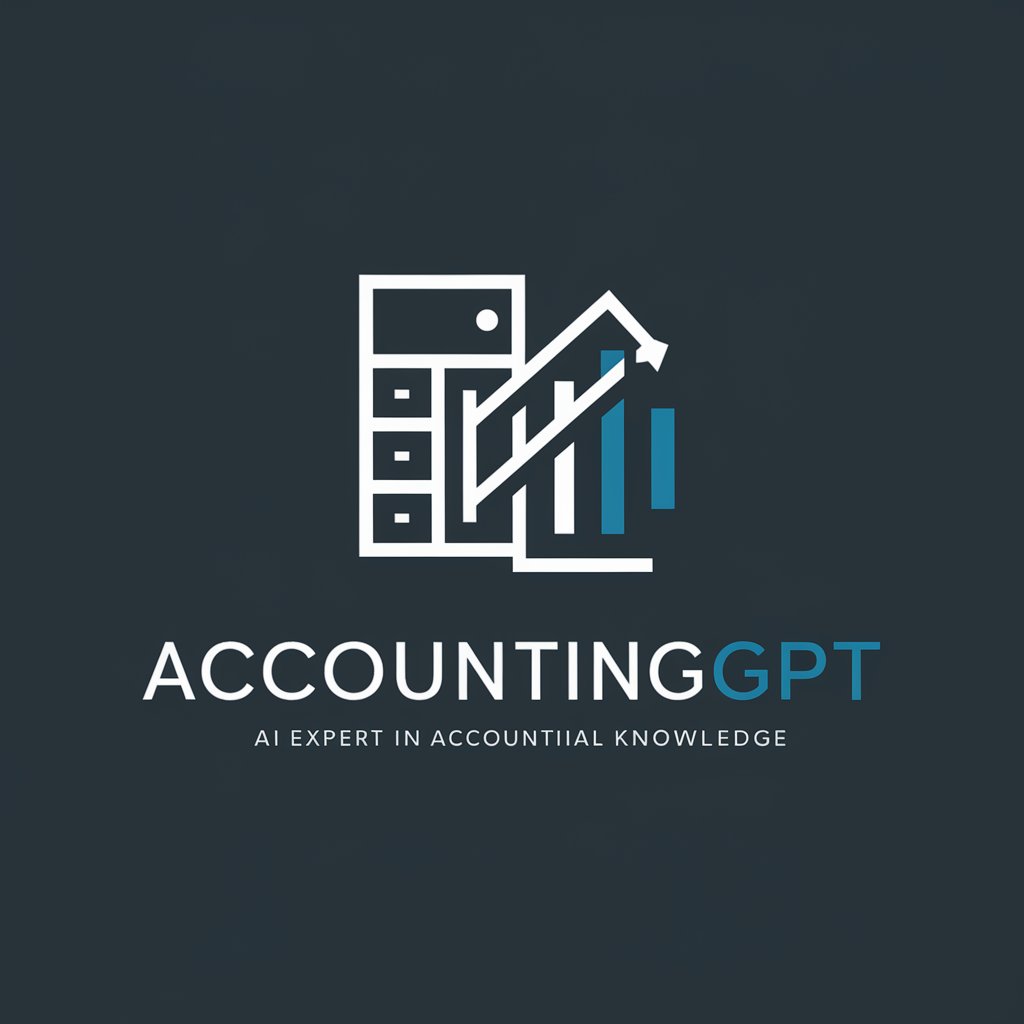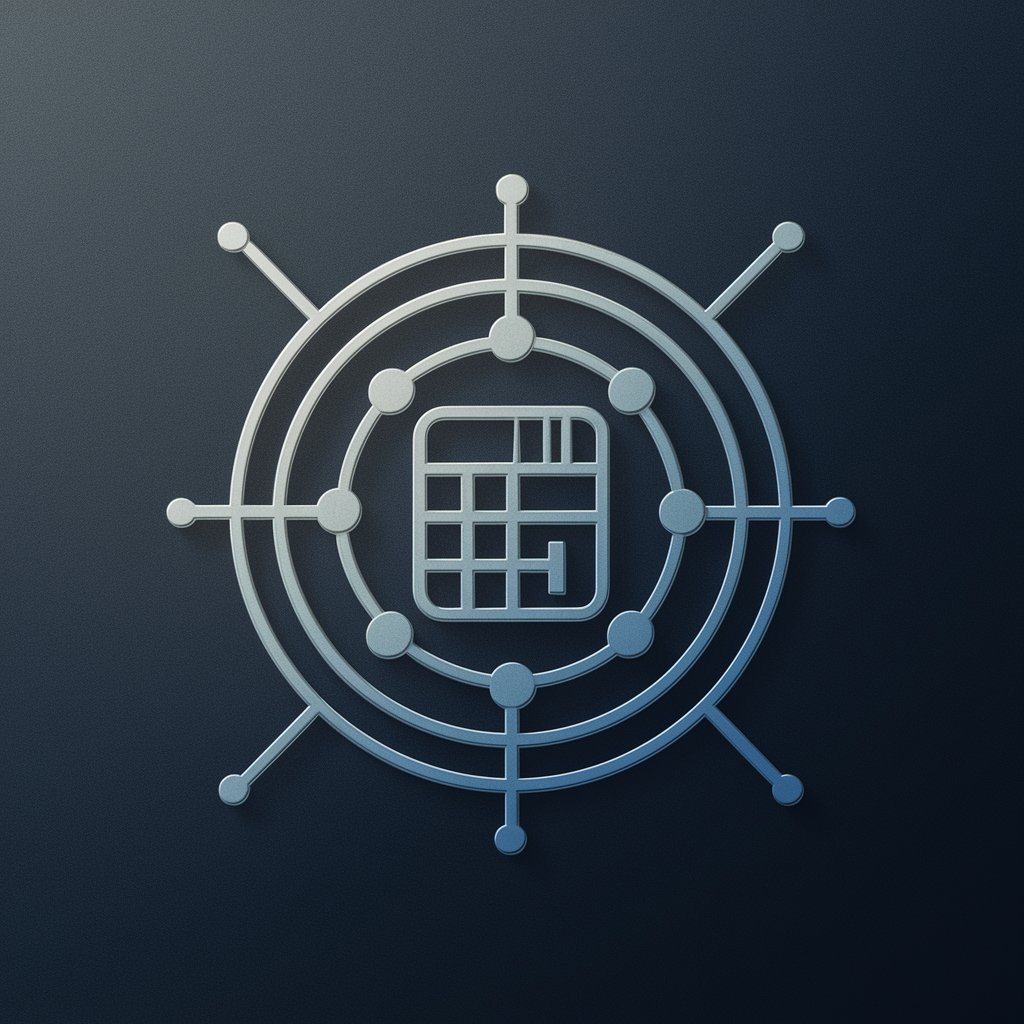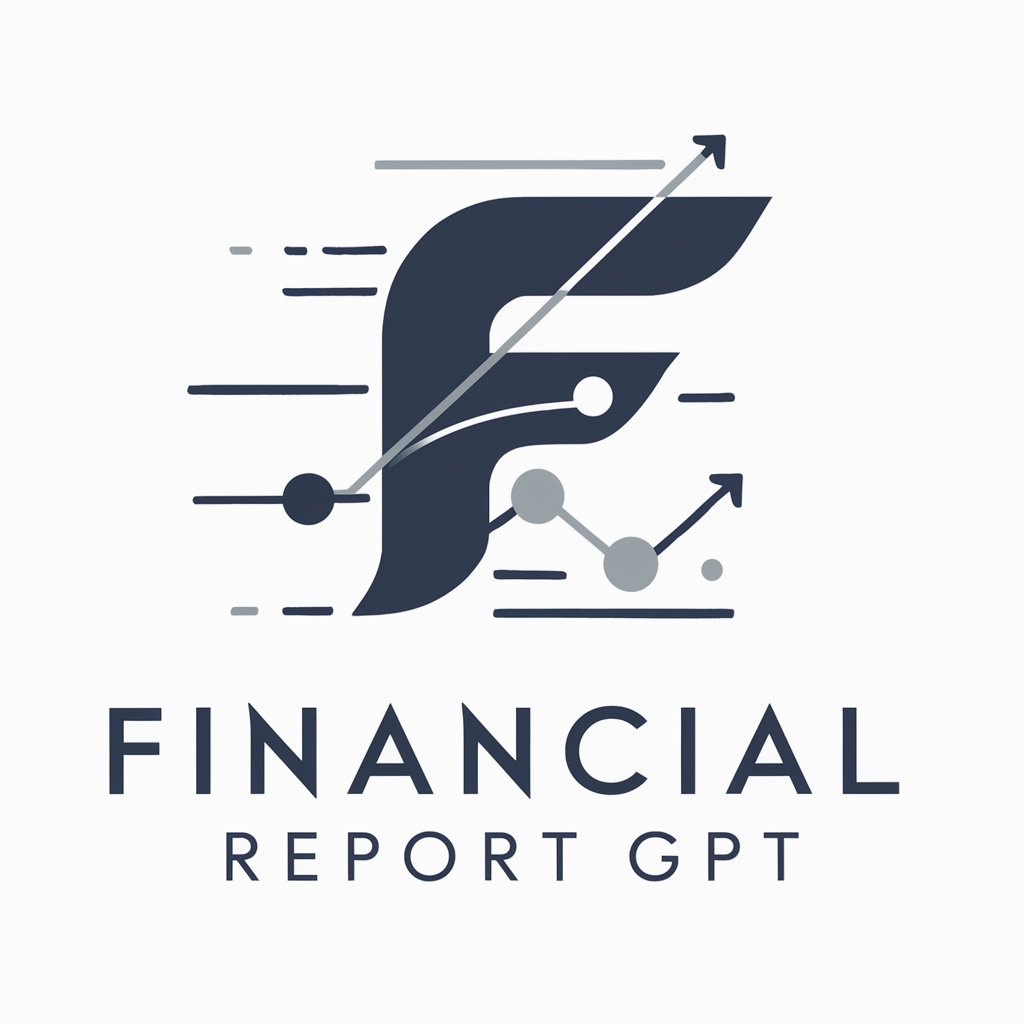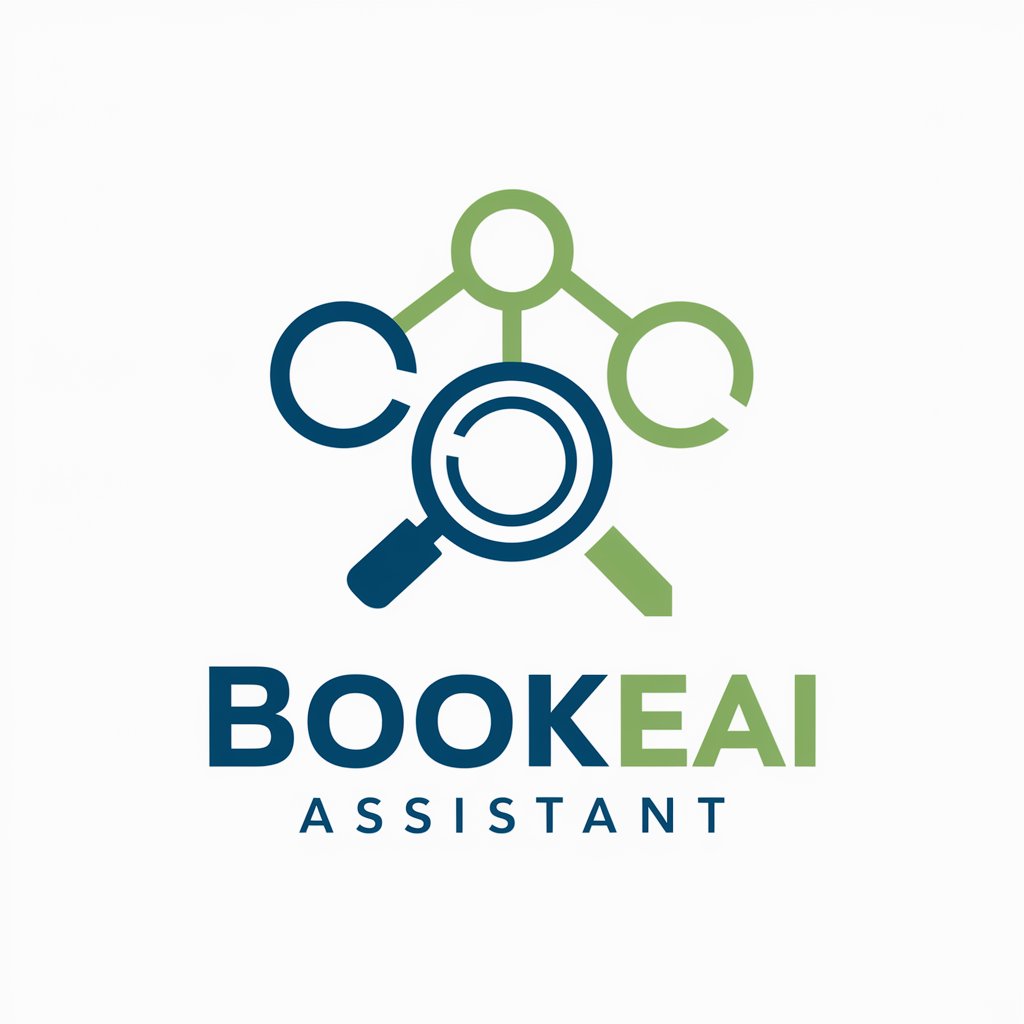
Cost Accounting GPT - Cost Accounting Expertise
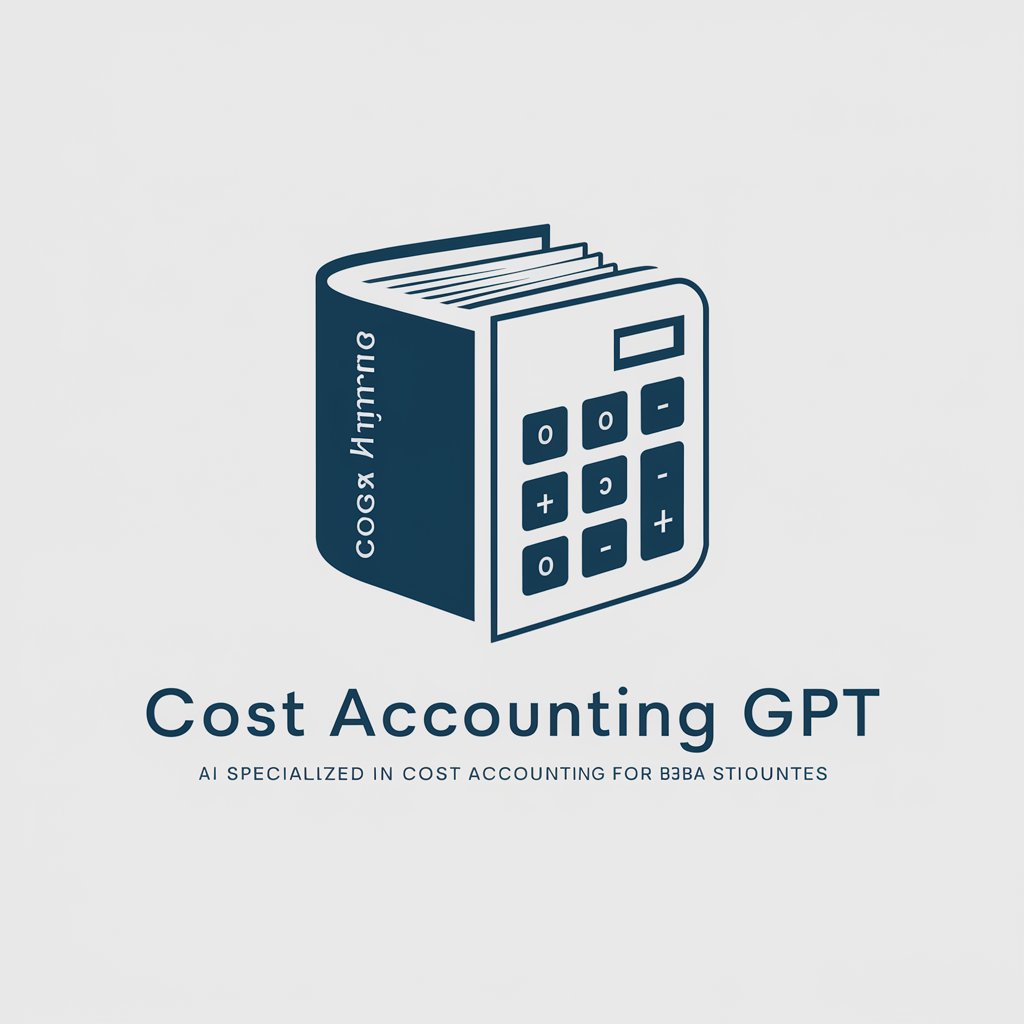
Welcome to Cost Accounting GPT, your expert guide in cost accounting.
Revolutionizing Cost Accounting with AI
Explain the key concepts of job order costing.
How does activity-based costing differ from traditional costing methods?
What are the steps involved in preparing a cost of goods manufactured schedule?
Can you describe the role of variance analysis in budgeting?
Get Embed Code
Introduction to Cost Accounting GPT
Cost Accounting GPT is a specialized digital assistant designed to offer expert guidance in cost accounting, primarily aimed at Bachelor of Science in Business Administration (BSBA) students and professionals. It is engineered to assist users in understanding complex cost accounting principles, solve problems, and clarify doubts through effective, user-friendly interactions. For example, a student struggling with the concept of job order costing can interact with Cost Accounting GPT to get a step-by-step explanation and examples related to their coursework or practical problems. Powered by ChatGPT-4o。

Main Functions of Cost Accounting GPT
Educational Support
Example
Providing detailed explanations and calculations on costing methods such as ABC costing.
Scenario
A student preparing for exams can get tailored explanations on how activity-based costing differs from traditional costing methods.
Problem Solving
Example
Assisting in solving complex numerical problems involving cost allocation, variance analysis, etc.
Scenario
A professional in the manufacturing sector could use this tool to analyze production cost variances to optimize budgeting and spending.
Decision Support
Example
Offering insights into financial data to support business decisions.
Scenario
A business manager considering the acquisition of new machinery could use insights from Cost Accounting GPT to understand the impact on product costing and pricing strategy.
Ideal Users of Cost Accounting GPT
Business Students
BSBA students who need to grasp theoretical concepts and apply them in real-world scenarios, enhancing their learning and preparation for professional exams.
Accounting Professionals
Accountants and cost managers in industries such as manufacturing, where precise cost tracking and control are crucial for maintaining competitive advantage.
Business Managers
Managers and decision-makers who rely on accurate cost data to formulate strategies, manage budgets, and drive profitability.

Using Cost Accounting GPT: A Step-by-Step Guide
Start Free Trial
Visit yeschat.ai to start using Cost Accounting GPT for free without needing to log in or subscribe to ChatGPT Plus.
Define Purpose
Identify and clearly define the cost accounting problem or topic you need help with to tailor the tool's functionality to your needs.
Input Queries
Enter specific queries related to cost accounting topics directly into the input field to receive tailored advice and solutions.
Review Responses
Carefully review the responses for accuracy and relevance to your queries, utilizing additional features if needed to refine or expand the information.
Apply Knowledge
Apply the information and solutions provided by Cost Accounting GPT to your academic work, research, or practical cost accounting scenarios.
Try other advanced and practical GPTs
Tech Norris: Z. A. R. A.
Unleash creativity with AI power.
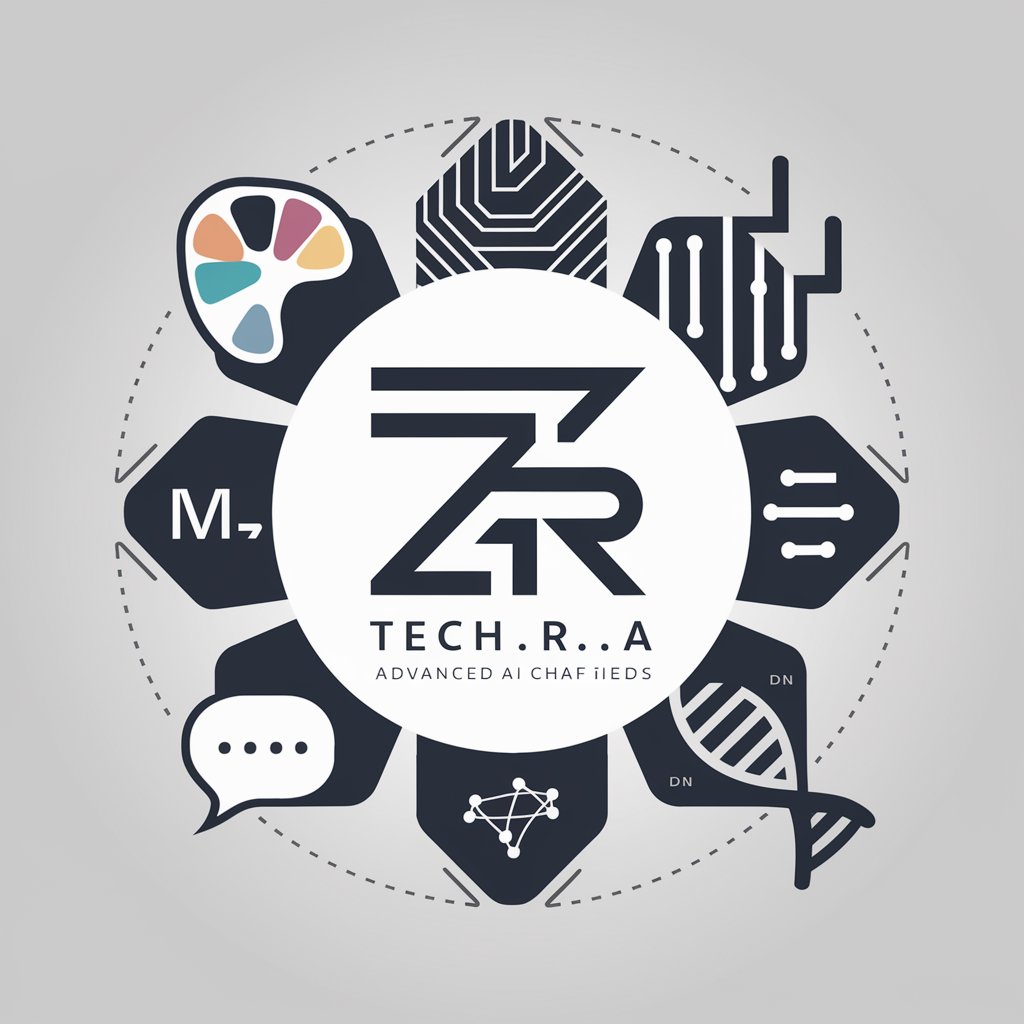
Asistente Definitivo Mkt Digital
Empower Your Marketing with AI Ethics
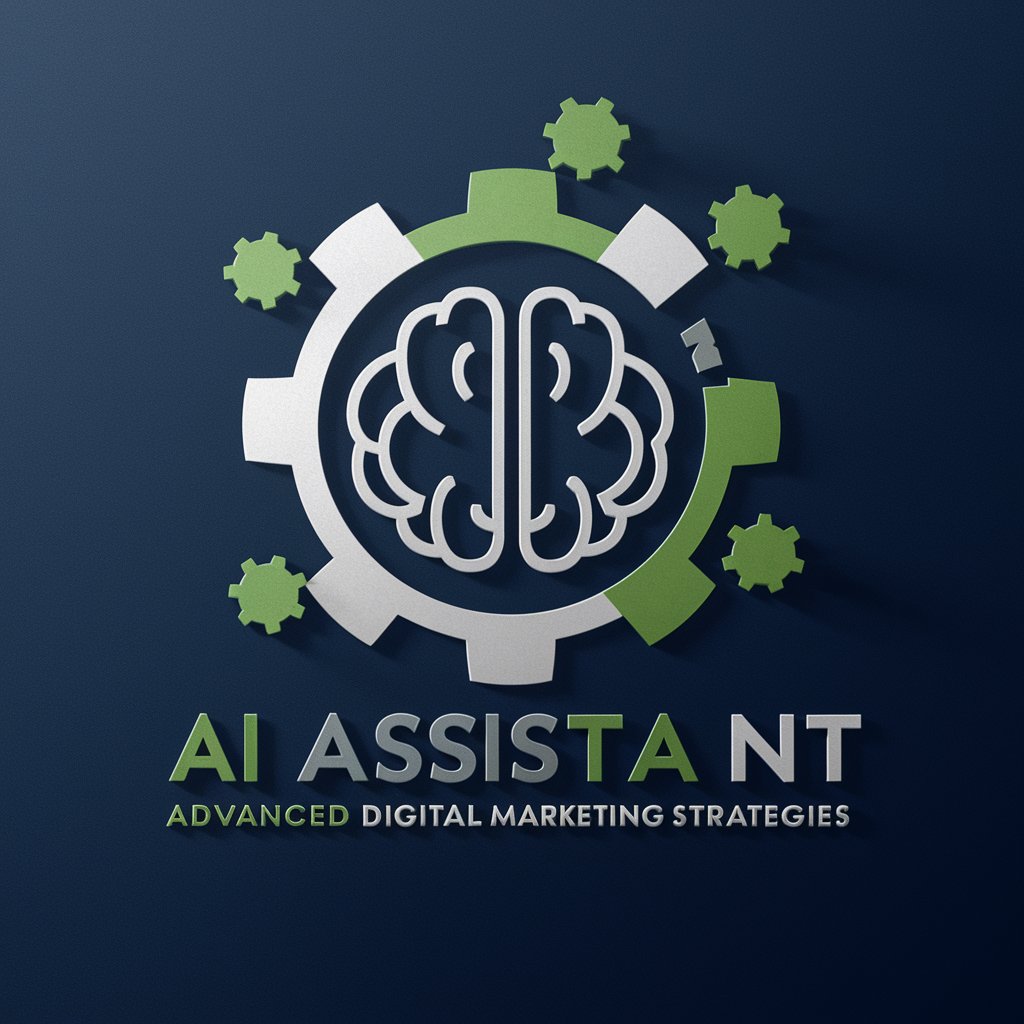
Isra Bravo
Craft Persuasive Content with AI Power

Form Builder Pro
Streamline Form Creation with AI
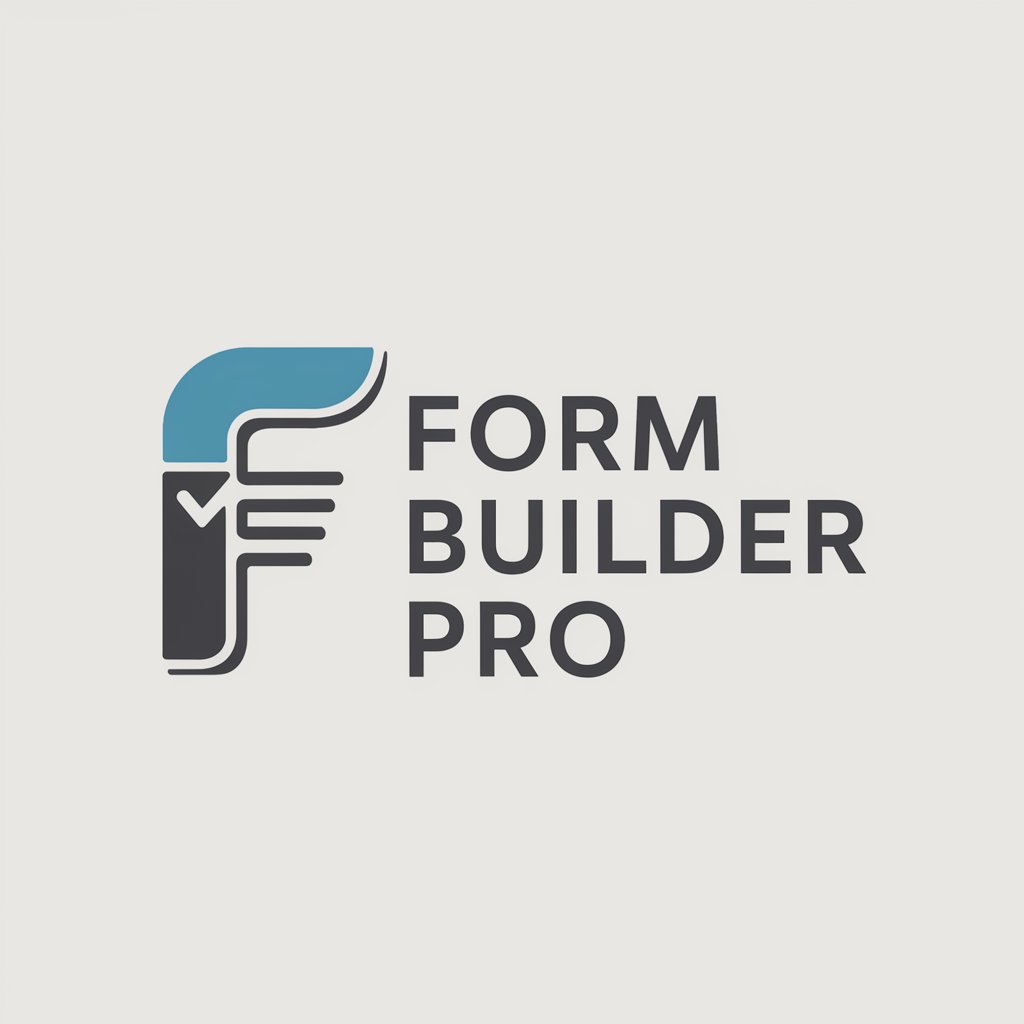
Career Coach AI
AI-Powered Career Guidance for Success

ChatADV
AI-Powered Legal Expertise

RESUELVE MATEMATICAS
Unlocking Math Solutions with AI
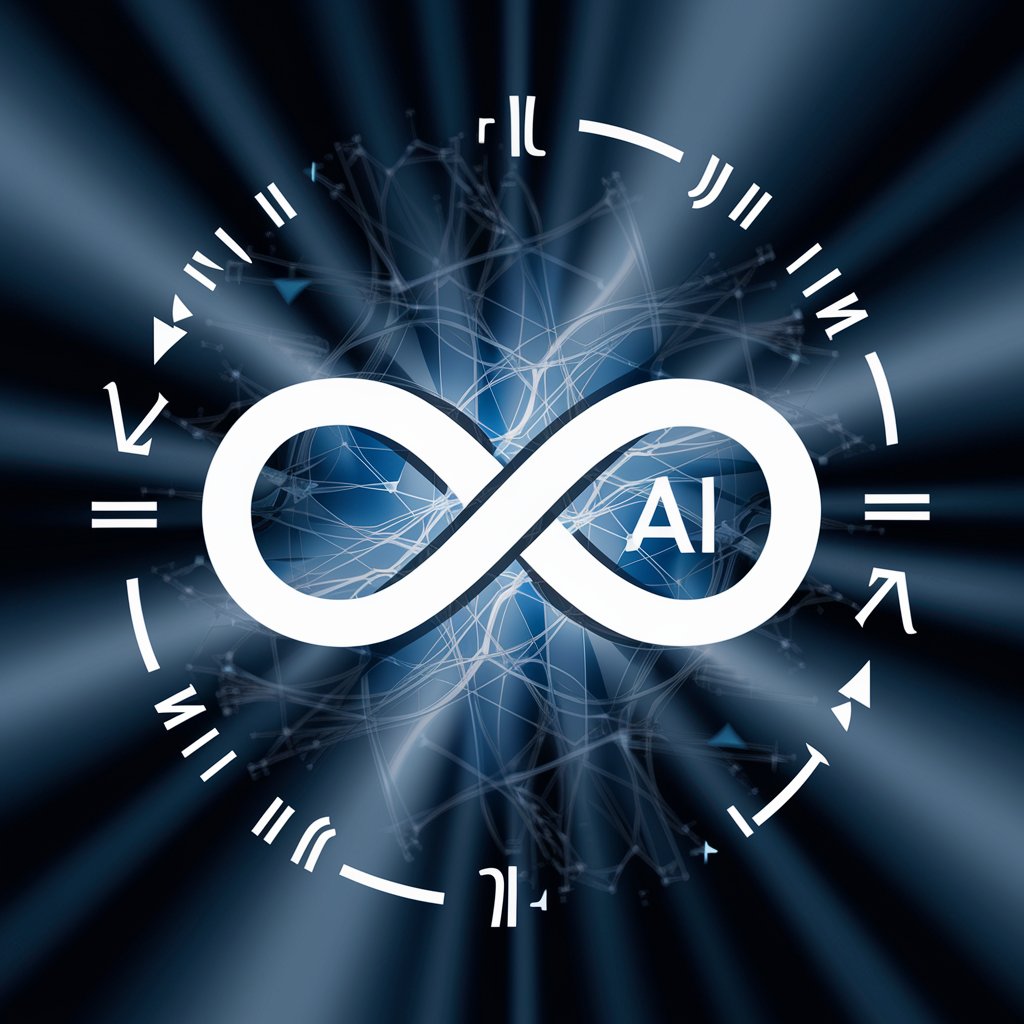
Profesor Mr SwiftUI
Your AI SwiftUI Code Companion
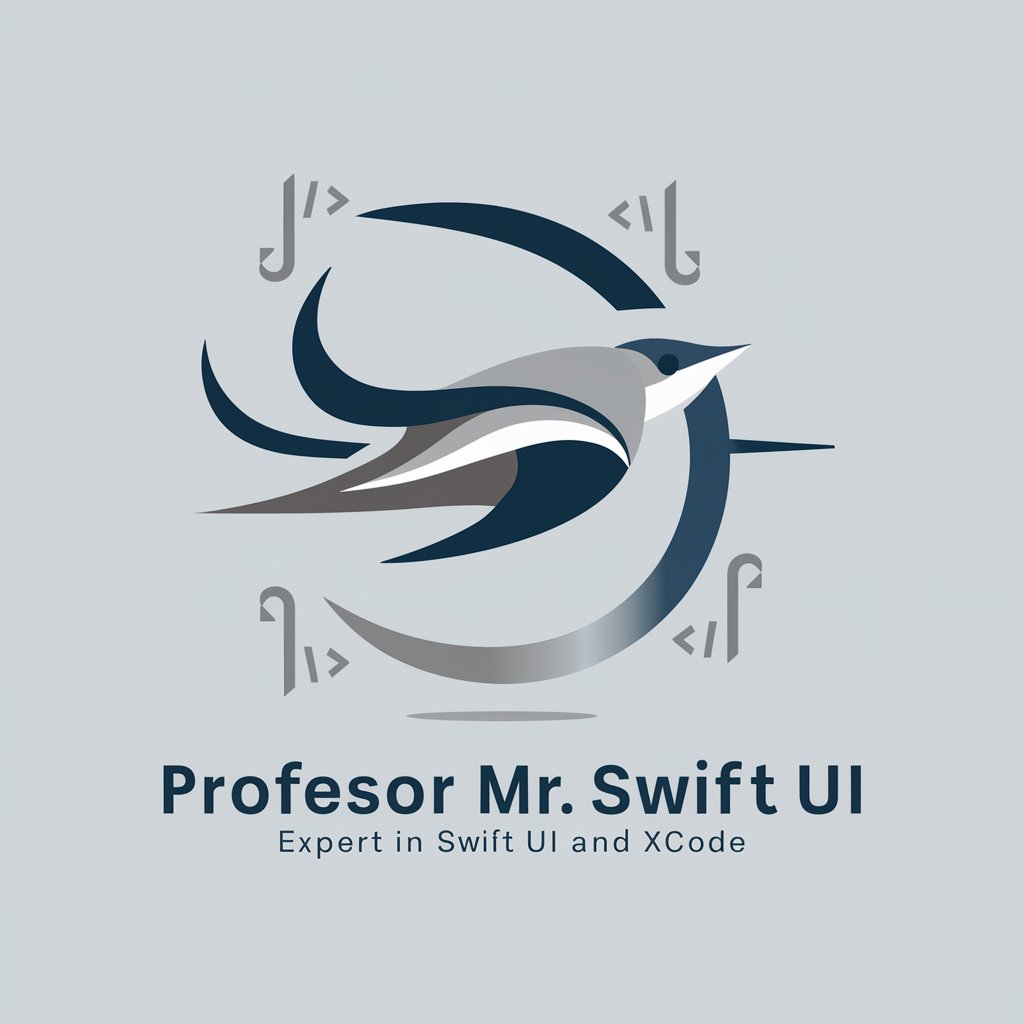
Voz de Vilma
Empowering Your Creativity with AI
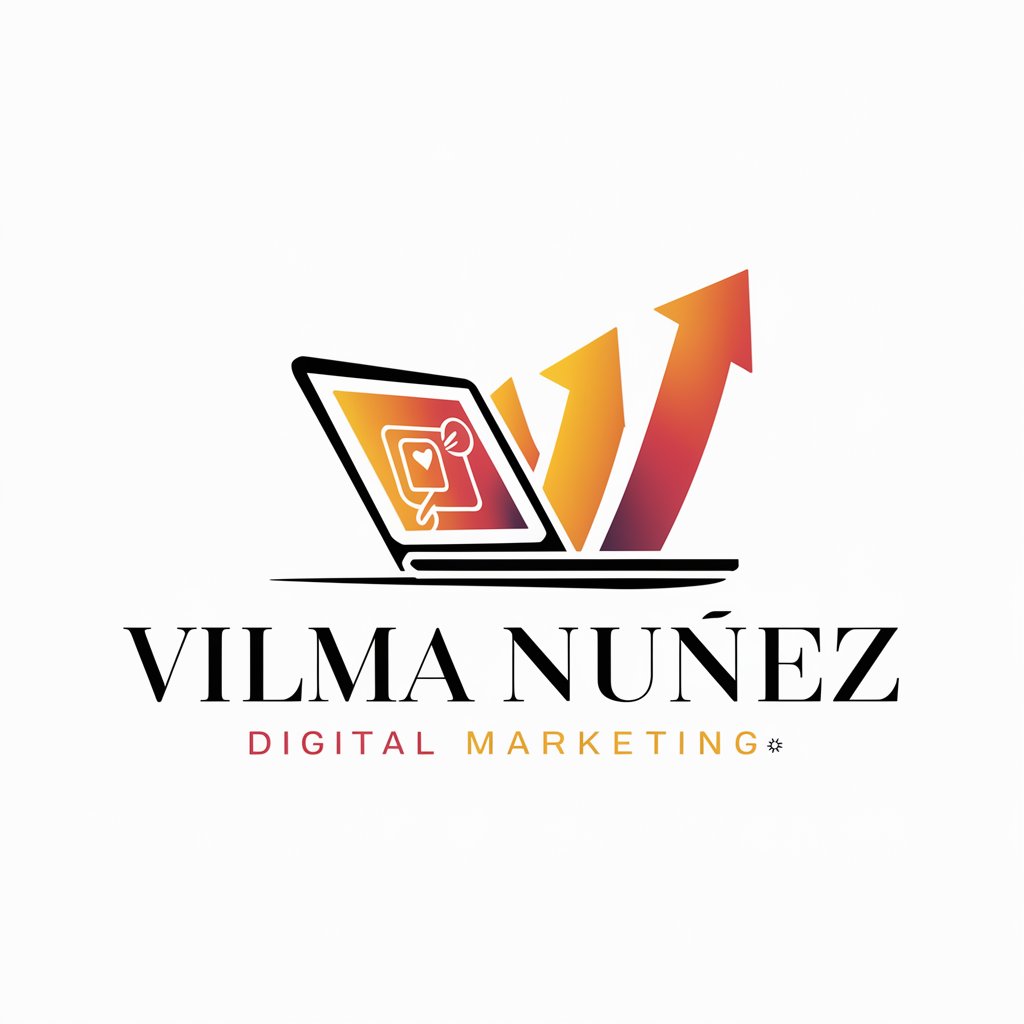
NOTAS MENTALES: TU VOZ INTERIOR
Unlock Creativity with AI

EKG Reader
AI-powered EKG Interpretation Simplified
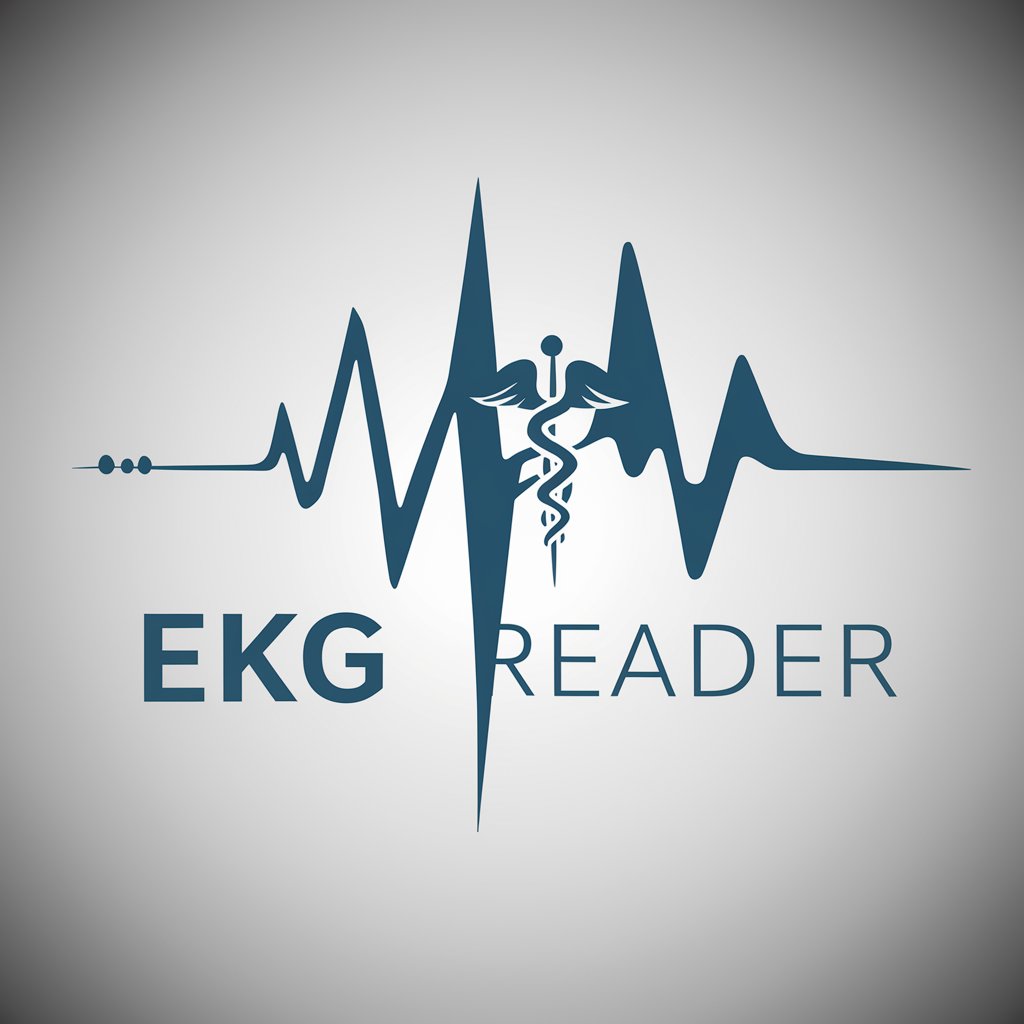
Traductor a inglés
Powering Your Words with AI
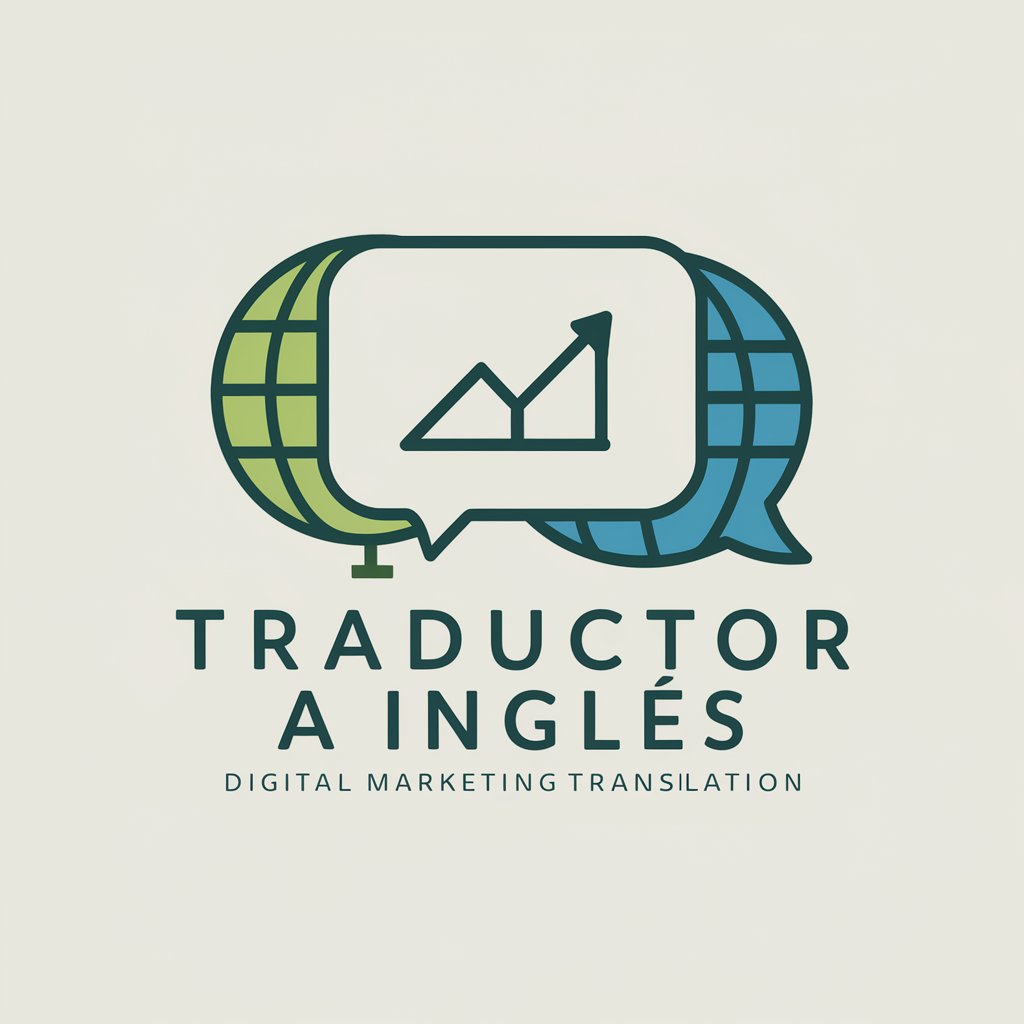
Frequently Asked Questions About Cost Accounting GPT
What types of cost accounting problems can Cost Accounting GPT solve?
Cost Accounting GPT can assist with a variety of problems including job costing, process costing, budgeting, variance analysis, and performance metrics among others.
How accurate is the information provided by Cost Accounting GPT?
The tool provides highly accurate and up-to-date cost accounting information, backed by a comprehensive database and continuous updates.
Can Cost Accounting GPT help with academic assignments?
Yes, it is designed to aid students with their homework, research papers, and study material preparations by providing detailed explanations and computational assistance.
Is Cost Accounting GPT suitable for professional use?
Absolutely, it serves as a valuable resource for accounting professionals seeking to improve cost efficiency and financial reporting within their organizations.
What makes Cost Accounting GPT different from other educational tools?
It uniquely combines AI-powered analysis with extensive cost accounting data, offering personalized responses and learning opportunities that are not typically available in traditional educational tools.
